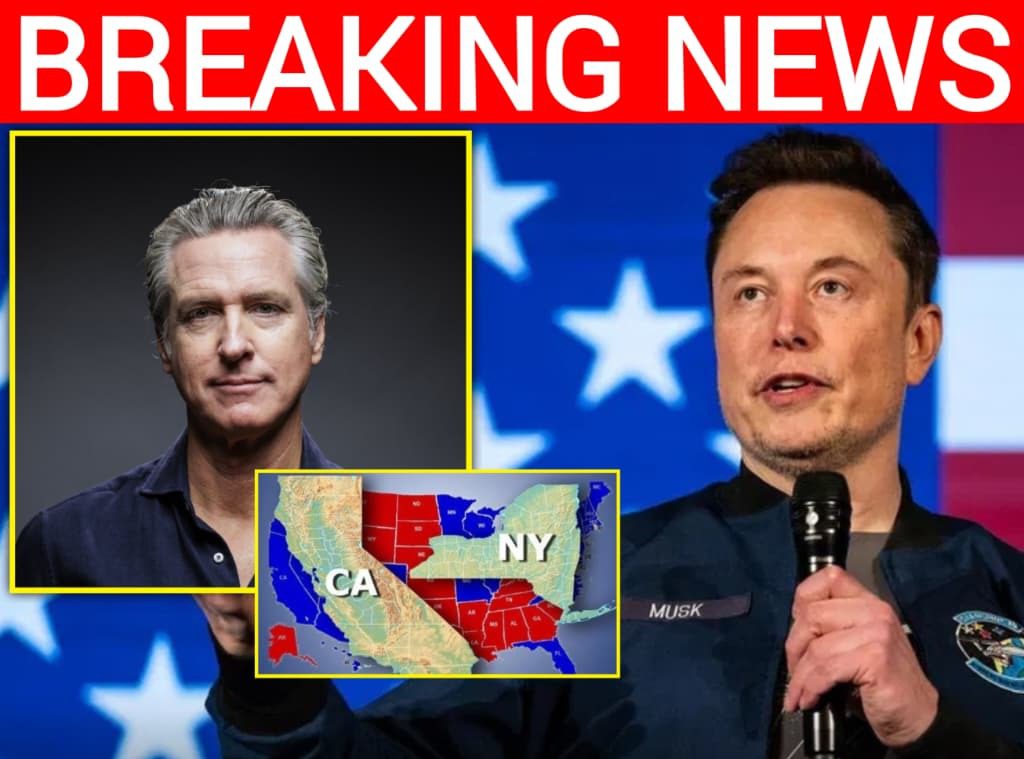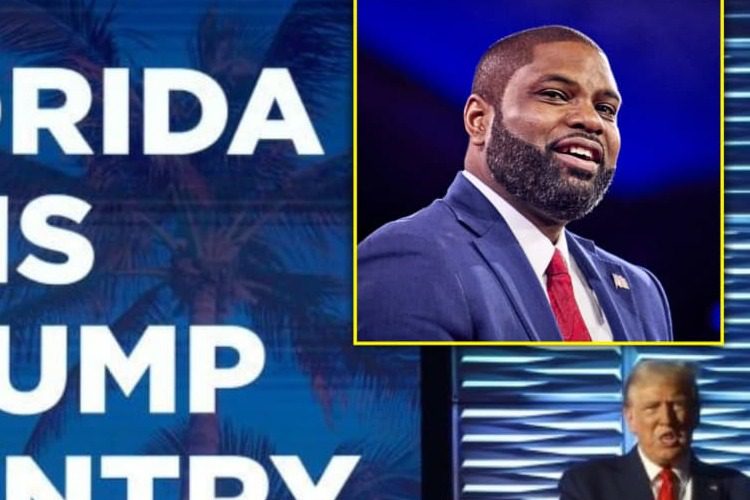Elon Musk claims Democrats banned voter ID in blue states like California and New York to let illegal aliens vote and boost their power
In a forceful statement on social media this week, tech magnate and political figure Elon Musk accused Democratic-led states of deliberately suppressing voter identification laws so that non-citizens could cast ballots and expand the party’s power. Musk cited states such as California and New York, claiming they have “banned the use of ID for voting” and therefore “legalised fraudulent voting.” He also renewed calls for passage of the SAVE Act, legislation that would require documentary proof of U.S. citizenship in order to register for federal elections.
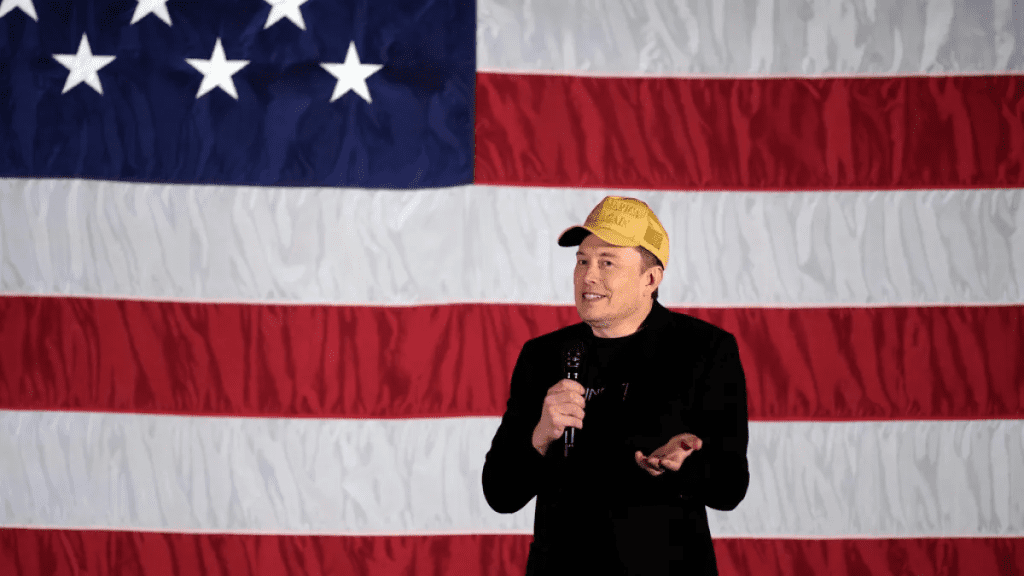
Musk’s remarks reinforce a narrative that has long circulated among some conservative circles: that Democrats, by limiting voter‐ID laws and supporting looser registration procedures, are enabling large numbers of non-citizens to vote illegally, thereby altering election outcomes. However, fact-checkers caution that these claims are unsupported and do not match the available evidence. According to a 2025 investigation by FactCheck.org, reported non-citizen voting is so rare—by some estimates fewer than one in a million votes—it lacks the scale to sway major elections.
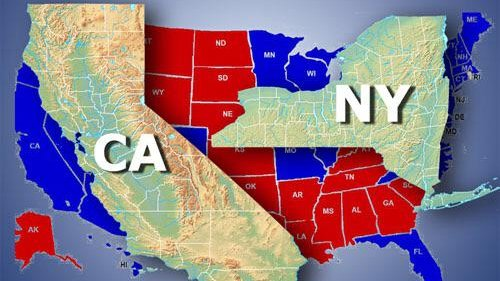
Despite this, Musk’s warnings play into broader concerns about election integrity and partisanship. His call to “Pass the SAVE Act and end it once and for all by requiring voter ID nationwide” aligns with efforts by Republican lawmakers to push for uniform federal standards on identification and citizenship verification ahead of the 2026 midterms. The SAVE Act would mandate documentation of U.S. citizenship for federal registration, echoing ongoing debates at the state level over how identity and eligibility are verified at the polls.

Critics warn, however, that voting by non-citizens remains an extremely rare occurrence. Analyses by organizations such as Cato Institute and election-integrity groups have repeatedly found little to no systemic evidence of deliberate non-citizen voting. These experts caution that repeating such claims without strong evidence risks undermining public confidence in democratic institutions. Yet for Musk and his allies, the absence of large-scale prosecutions or proven fraud does not negate what they describe as “the threat” of unchecked registration abuse.
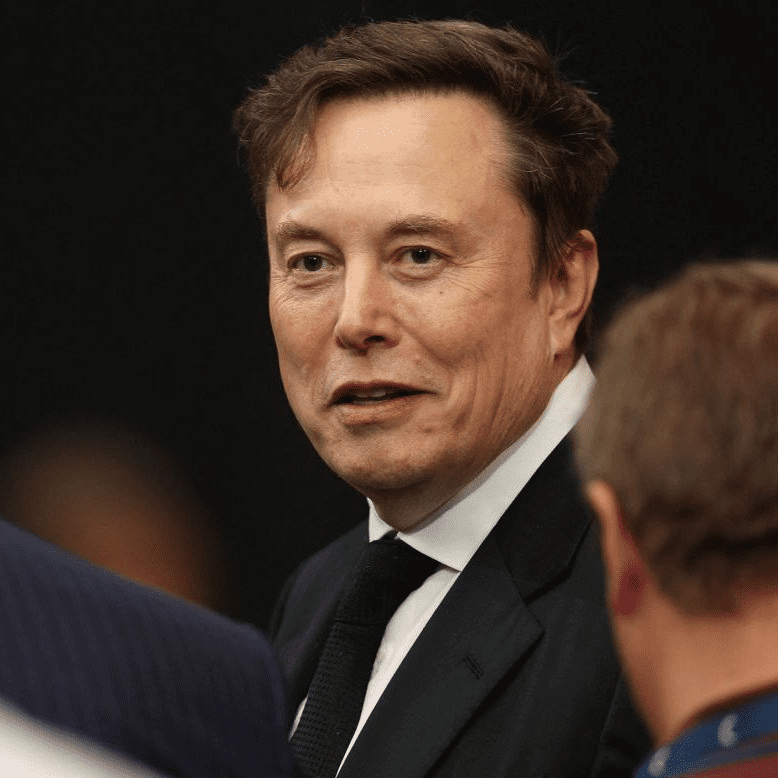
The tension between these narratives reflects deeper divides in U.S. politics: on one side, worries about safeguarding elections and ensuring only eligible citizens vote; on the other, fears that stricter laws might suppress access to voting for minority communities. Musk’s statement arrives at a moment when debates around mail-in ballots, state-level registration practices and federal oversight of elections are once again intensifying. With midterm elections looming, the question of how states verify voter eligibility and whether non-citizens are influencing outcomes has emerged as a flashpoint.
Ultimately, the conversation Musk has reignited raises broader questions. Should there be a nationwide standard requiring ID and citizenship proof? Would such laws deter eligible voters, particularly in communities with historically lower ID possession? And how should policymakers strike a balance between protecting access and preserving election integrity? As lawmakers consider the SAVE Act and state legislatures align their policies, Musk’s intervention spotlights an issue that may turn into one of the defining electoral battles of 2026.
